Kenyans in the US Share Their Experiences as the Covid-19 Pandemic Ranges
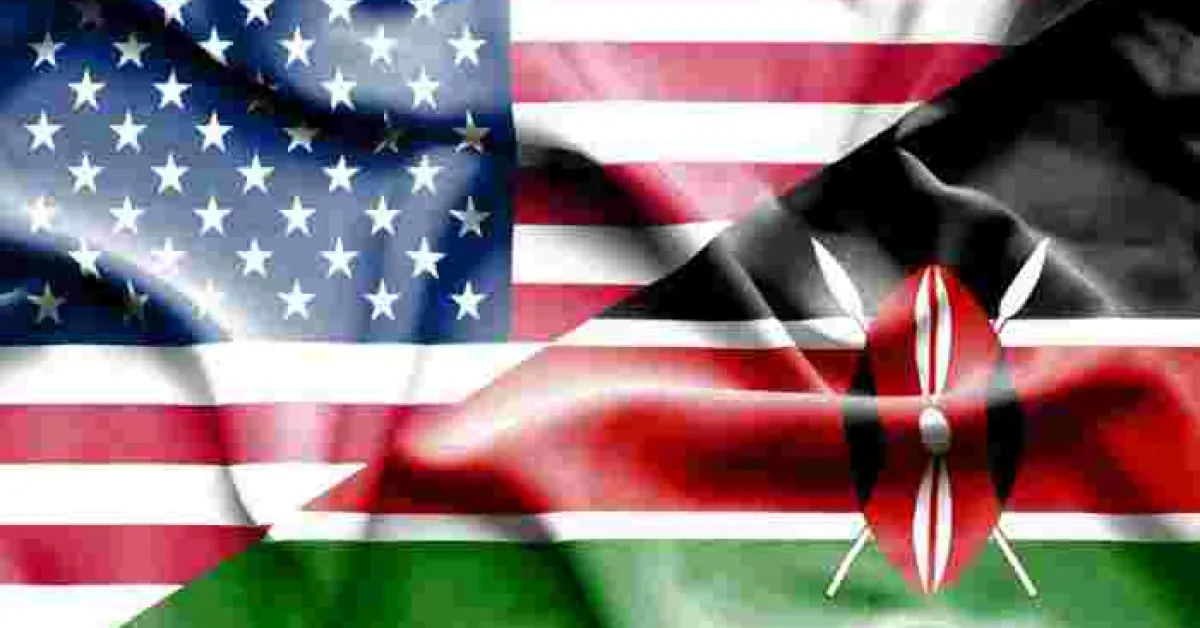
Kenyans living and working in the US have spoken about the impact of the coronavirus pandemic on their lives.
The US is the most affected country in the world with over 570,000 confirmed cases of Covid-19 and more than 22,000 deaths as of Monday.
A majority of Kenyans who spoke to The Star mentioned contracting the virus, losing their jobs and falling behind with mortgages and house rent as their worst fears in the wake of the Covid-19 outbreak.
A sizable percentage Kenyans in the US work in hospitals and elderly centers, which have been hard-hit by the virus. This, in addition to the revelation that the black community accounts for over a third of all Covid-19 cases and deaths despite being minorities, gives them a reason to worry.
Jennifer, a Kenyan UN employee in New York, says social distancing and working from home is quite challenging.
“I am just struggling to keep sane. One of my biggest challenges is to convince my family I am not home on holiday, but I have to be locked up to work,” she says. Jennifer is an IT officer and her work involves troubleshooting systems and guiding UN workers on access to remote software.
Daniel, a healthcare worker in Boston, Massachusetts says he contracted the virus in the line of duty despite taking the required measures. Being a nurse, he says he came into contact with Covid-19 patients and others who are asymptomatic. He has been in isolation in the past seven days.
“I took all the necessary measures to protect myself. I wore masks, gowns, sanitized and washed hands often, yet I still got sick,” he says. Daniel says he tested positive for the disease three days after he exhibited symptoms. His family members were placed under 14-day quarantine and are showing signs. “This means none of my family members is going to work and if I do not pay my mortgage, the interest will keep accruing,” he says.
Jane, who has not returned to Kenya since she moved to the US 10 years ago, says: “This pandemic is a wake-up call for me. My greatest fear now is not bumping into immigration officials but keeping safe and healthy, so I can return home (Kenya) to my family in one piece.”
Sheila and her husband Jealan, operated a taxi business at JFK International Airport in New York but were forced to abandon the venture and look for alternatives.
“Both our Uber vehicles are on loan. The leasing company needs the monthly payment and so does our landlord. This business cannot sustain us now,” Sheila says. Sheila is considering returning the leased car and file for unemployment benefits, a government program that allows her as a permanent resident to get food and some subsided rental support.
Joyce, a babysitter in New York, says her employer moved to a summer house in another town after the Covid-19 outbreak, leaving her jobless. “I do not have an income until my bosses return to the city,” Joyce says.
Although she has saved a little in the US, Joyce says the pandemic is a warning for her not to invest heavily back home.


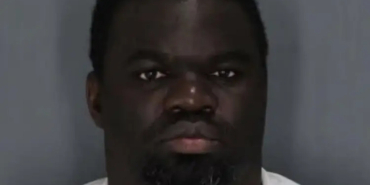


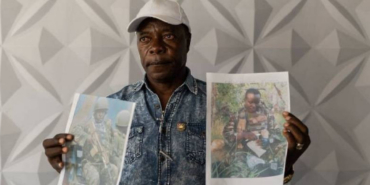

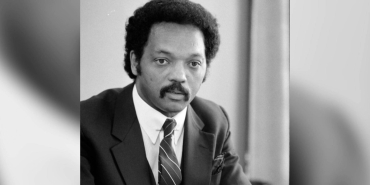
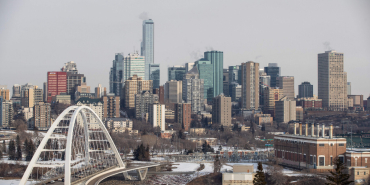





Comments
Great to hear personal…
Permalink
Great to hear personal stories instead of numbers all the time. May God have mercy to those like Jennifer, who are sick and comfort those who have lost their loved ones. COVID-19 has indeed disproportionately affected people of African descend or Africans in the Diaspora. Kenyan community isn’t exempt from this reality. While the researchers look for genetic reasons, we know that underlying health conditions, including diabetes, high blood pressure and heart diseases, stress, and poor diet, to name a few, contribute to our vulnerabilities. Many of our people work in the health care industry and work long and sometimes in unsanitary environments. Also, we don’t know whether racism is playing a part in the type of care our people receive here, in Europe and Asia. I am particularly worried about the undocumented in our community. They may not receive the stimulus packages, and perhaps are working overtime to cope with the demands of COVID-19. How can our community stand with these families and individuals?
Stay safe everyone. Wash…
Permalink
Stay safe everyone. Wash hands, sanitise, keep distance. VIVA!
This is a wakeup call to all…
Permalink
This is a wakeup call to all.Always take care of your body by eating healthy, properly manage every single dollar you earn, but the most of all have a good relationship with your creator
When a white man catches a…
Permalink
In reply to This is a wakeup call to all… by Paul P (not verified)
When a white man catches a cold, A Black Man catches pneumonia.
The only wake up call I see
Add new comment